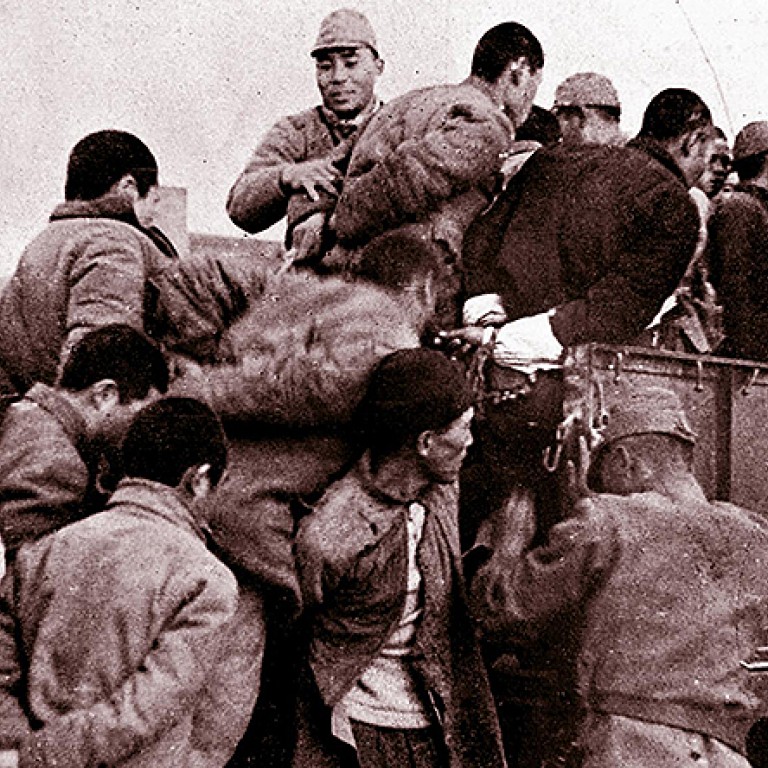
Japanese government defends NHK director who denied Rape of Nanking
Naoki Hyakuta’s comments fuel fears that NHK is adopting Prime Minister Shinzo Abe’s nationalist stance
A senior manager of Japan Broadcasting Corporation who denied that any massacre took place in Nanjing during the 1930s did nothing wrong, Japan's government said yesterday, fanning a storm over revisionist views aired by Japanese officials.
Naoki Hyakuta, board member of broadcaster NHK, dismissed as "propaganda" the accounts of the 1937-8 orgy of murder and rape by Japanese troops as they rampaged through China.
His comments, made during a stump speech for a right-wing candidate in Sunday's election for Tokyo governor, come after the newly appointed head of NHK sparked anger with comments about Japan's wartime system of sex slavery and said the station's output should reflect government policy.

He subsequently apologised for the statement, blaming his inexperience at press conferences, but refused to retract his assertion that the broadcaster's editorial output should cleave to the government's line.
The comments fuel fears that NHK, one of the world's biggest broadcasters, is falling meekly into line with Prime Minister Shinzo Abe's aggressively nationalist agenda.
"Countries in the world ignored the propaganda produced [by then-Chinese leader Chiang Kai-shek] ... that Japan's troops carried out a massacre in Nanjing. Why? There was no such thing," Hyakuta said during a speech on Sunday, according to the newspaper.
"During the war there probably were atrocities committed by some members of the military, but that is not limited to the Japanese. There is no reason to teach these things to children in compulsory education," he was quoted as saying.
The Rape of Nanking is an exceptionally sensitive issue in Japan's often-fraught relations with China.
China says 300,000 civilians and soldiers died in a spree of killing, rape and destruction in the six weeks after the Japanese military entered the then-capital on December 13, 1937. Some foreign academics put the death count lower, including China historian Jonathan Spence, who estimates that 42,000 soldiers and citizens were killed and 20,000 women raped, many of whom later died.
Chief Cabinet Secretary Yoshihide Suga told reporters yesterday that Hyakuta, a noted right-wing novelist, was entitled to his opinions.
"I'm aware of the reports, but I've learnt [that expressing personal views] doesn't violate the Broadcast Law. The government declines to comment on the issue," he said.
Four of the 12 members of NHK's management committee, including Hyakuta, were appointed by conservative Abe last year.
The Broadcast Law bans committee members from taking a senior role in a political party but does not bar them from becoming regular party members or from making political donations.
However, the code of conduct for the committee says its members "need to be aware of their mission of serving ... healthy democracy by ensuring fair and politically neutral broadcasting".
